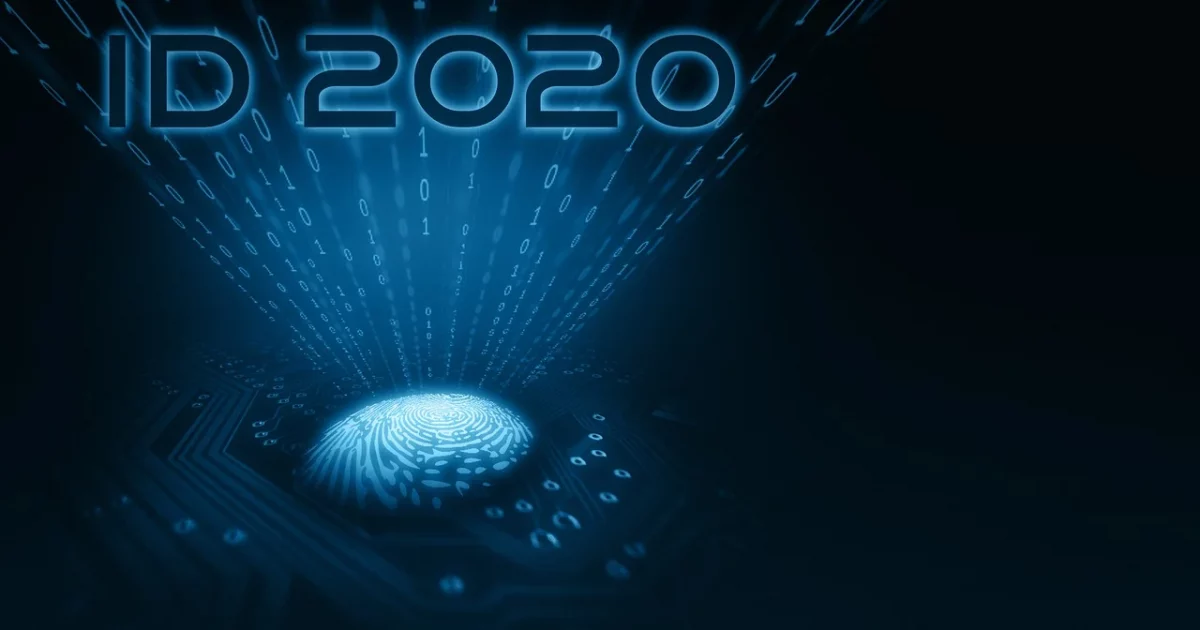While I’ve discussed the UK’s behind-the-scenes plans before, a little reminder never hurts.
UK Announces Consultation For Potential Central Bank Digital Currency
Trending: FACT-CHECK: Is The Butt Baby Real?
The UK government is still pushing forward with its digital ID agenda, despite half of the responses to its public consultation on digital identity opposing the idea.
On April 6, 2022, new digital identity document verification technology (IDVT) that enables data sharing between public bodies and businesses for the purpose of identity verification will be introduced. It will be made available to UK employers, landlords, and letting agents who can use it to digitally carry out pre-employment criminal record checks, right to work checks, and right to rent checks, the Daily Expose reports.
UK plans to introduce Digital ID on April 22nd, at first it will be voluntary just like the jab then they will make it mandatory. @michaelpbreton @Mikenotsoyeadon @BCscifience @FatEmperor @BreesAnna @miss_anthrop75 https://t.co/jTuH7PJGuy
— FollowerofChrist (@NewWor1d0rder) April 5, 2022
The introduction of this digital IDVT is part of the government’s far-reaching digital ID plans which were announced in March. The government has framed these digital ID plans as a way for UK citizens to “easily and quickly prove their identity using digital methods instead of having to rely on traditional physical documents.”
Under these digital ID plans, UK citizens will be able to “create a digital identity with a trusted organisation” which can be used “in-person or online” and “via a phone app or website.” These trusted organisations will then be given a “legal gateway” to “carry out verification checks against official data held by public bodies to help validate a person’s identity.” The government will also allow the “trust” generated by a single successful digital identity check to be passed to other organisations “where appropriate.”
The trusted organisations that provide these digital identity solutions will need to get accredited and certified under legislation that the government plans to introduce. Once accredited and certified, they’ll be “given a trust mark to demonstrate their compliance and will be defined as being a trust-marked organisation.”


Before announcing these digital ID plans, the UK government sought feedback on digital identity via a public consultation.
50% of the responses were “against digital identity in principle."
However, the government ignored the responses in the statistical analysis because they “did not engage with the questions.”
The government admitted some respondents feared that “digital identities are going to be made mandatory for all people."
But the government labeled these responses as "false" and will attempt to “encourage more inclusive digital identities.”
“As set out in the consultation, there are no plans to make digital identities mandatory, but we recognise they are an emerging technology and people may not be fully aware of the privacy and security benefits,” the government said. “Therefore we will take steps to increase understanding amongst potential users and engage with civil society groups to receive their expert feedback on how to increase inclusion, now and into the future.”
Cont. from Daily Expose:
The government added that it’s “committed to ensuring” that “people will still be able to use available paper documentation.”
The government’s digital ID framework has completed alpha testing. The next steps are a beta publication followed by beta testing before the framework is formalized in legislation.
The government cited “positive feedback received about the ability to conduct right to work and right to rent checks remotely during the COVID-19 pandemic” as one of its reasons for initiating its review of digital ID technology.
During the COVID-19 pandemic, the UK government embraced vaccine passports – a technology that shares many similarities with digital ID by requiring citizens to use a digital pass.
These vaccine passports were used to scoop up large amounts of data from UK citizens, some of which was shared with private companies.

Didn't 'conspiracy theorists' warn vaccine passports were a trojan horse to digital ID?
You'd think they would finally be incorrect for once.



Join the conversation!
Please share your thoughts about this article below. We value your opinions, and would love to see you add to the discussion!